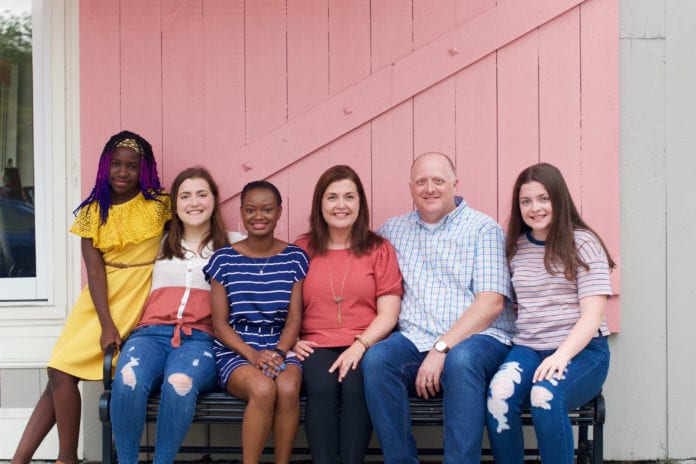(RNS) — A dispute over a proposed change to a 1990s-era federal law has landed one of the nation’s largest evangelical adoption agencies in the middle of the “woke” wars.
A recent report from Grand Rapids, Michigan-based Bethany Christian Services suggests making changes to the “Multiethnic Placement Act.” Known as MEPA, the 1994 law bars adoption agencies or foster care programs that take government funds from “delaying or denying the placement of a child based on their race, color or national origin.”
While well-intentioned, the law hurts children of color, Bethany argues, by requiring a “colorblind” approach to adoption.
“We’re not saying there needs to be some type of ‘woke’ test,” said Cheri Williams, senior vice president of domestic programs at Bethany. “What we are saying is, it’s very harmful to children to go into this situation with a colorblind philosophy.”
Williams said the recent report was prompted by conversations with adoptive parents and adult adoptees in the wake of the death of George Floyd.
“We heard an outcry from Bethany families saying, ‘we don’t know how to talk about race with our child,’” she said.
Among the families looking for help were Bob and Sally Schmid, a white couple living in the Chicago suburbs. They have two adoptive children; one was born in Ethiopia and the other was born in China, and the racial reckoning that followed Floyd’s death really hit home.
“I don’t think anything could have prepared us for last year,” Bob Schmid said.
Schmid admitted it has been hard for him to talk about race with his kids. First and foremost, they are his kids and he loves them dearly. So he doesn’t always think about how the world sees them differently.
That’s something he has been working on. For support, Schmid said he and his family got help from Bethany. They also turned to their church. Some folks, he said, tried to be supportive. Others were not so understanding.
“Some people would just really push back hard and turn it into a political issue,” said Schmid, whose family has moved to a more diverse church in Chicago. “And that was really very discouraging.”
Nathan Bult, senior vice president of government affairs at Bethany Christian Services, said when it was first passed in 1994, MEPA permitted adoption and foster care agencies to consider the best interest of a child before placing them with a foster or adoptive family. That included the child’s race or ethnicity, the adoptive parent’s race or ethnicity, and whether an adoptive parent of one race was prepared to parent a child of a different race.
That “permissible consideration” was taken out of MEPA in 1996.
According to Bethany’s report, the Black children they serve had the lowest rate of reunification with their families. Most Black children adopted through Bethany are placed with white families, and the agency can do little to help those families “preserve Black children’s cultural heritage.”
Naomi Schaefer Riley, an author and resident fellow at the American Enterprise Institute, argued Bethany is more concerned about being “anti-racist” than caring for children.
“They want people to feel bad about transracial adoption,” Riley, who has been critical of Bethany, told Religion News Service in an interview.

